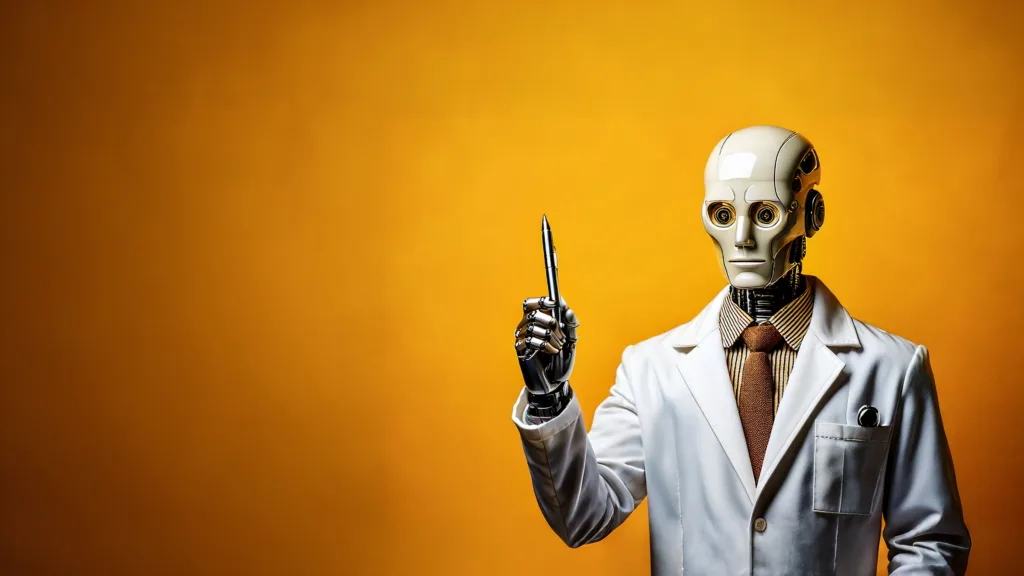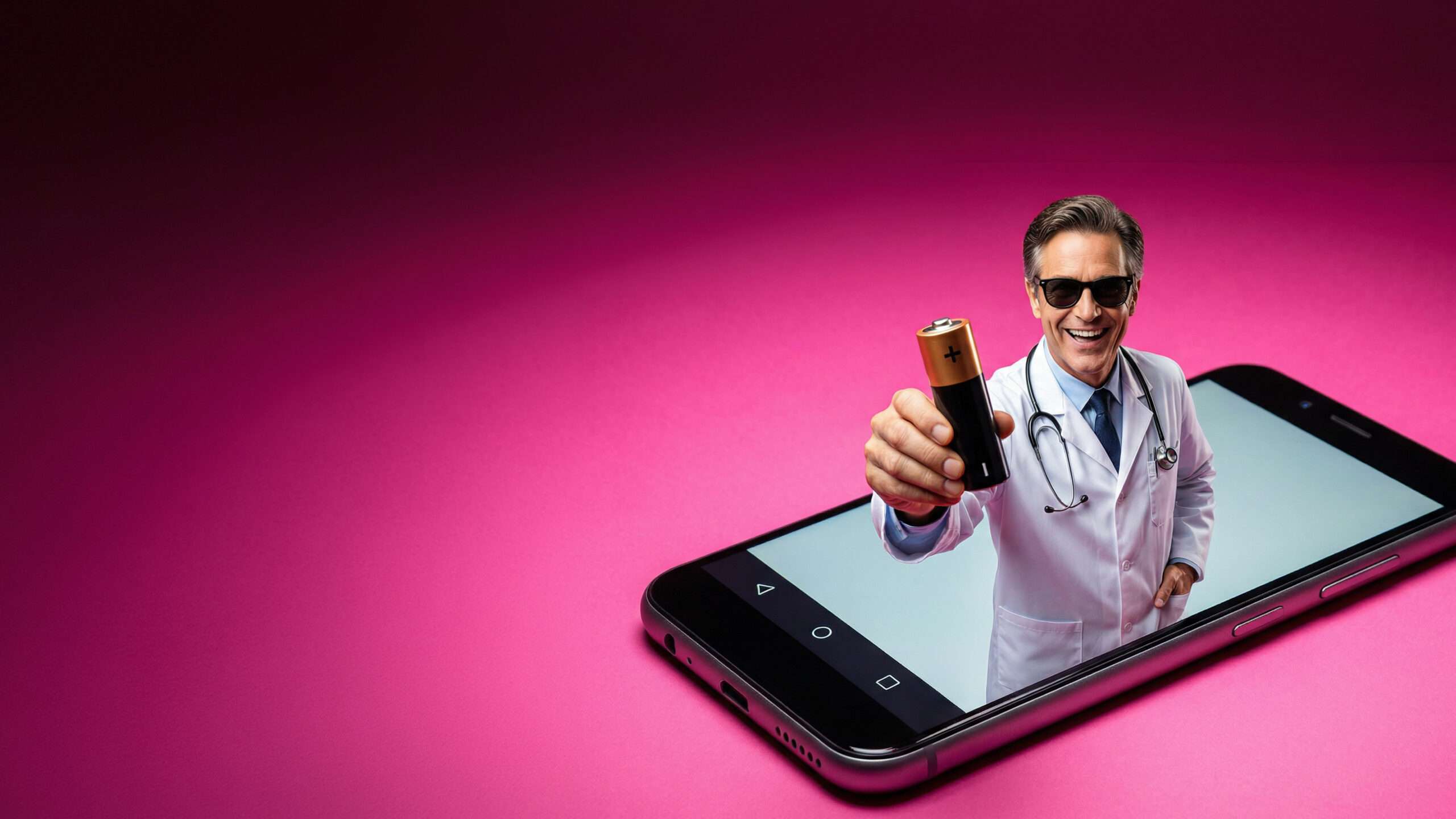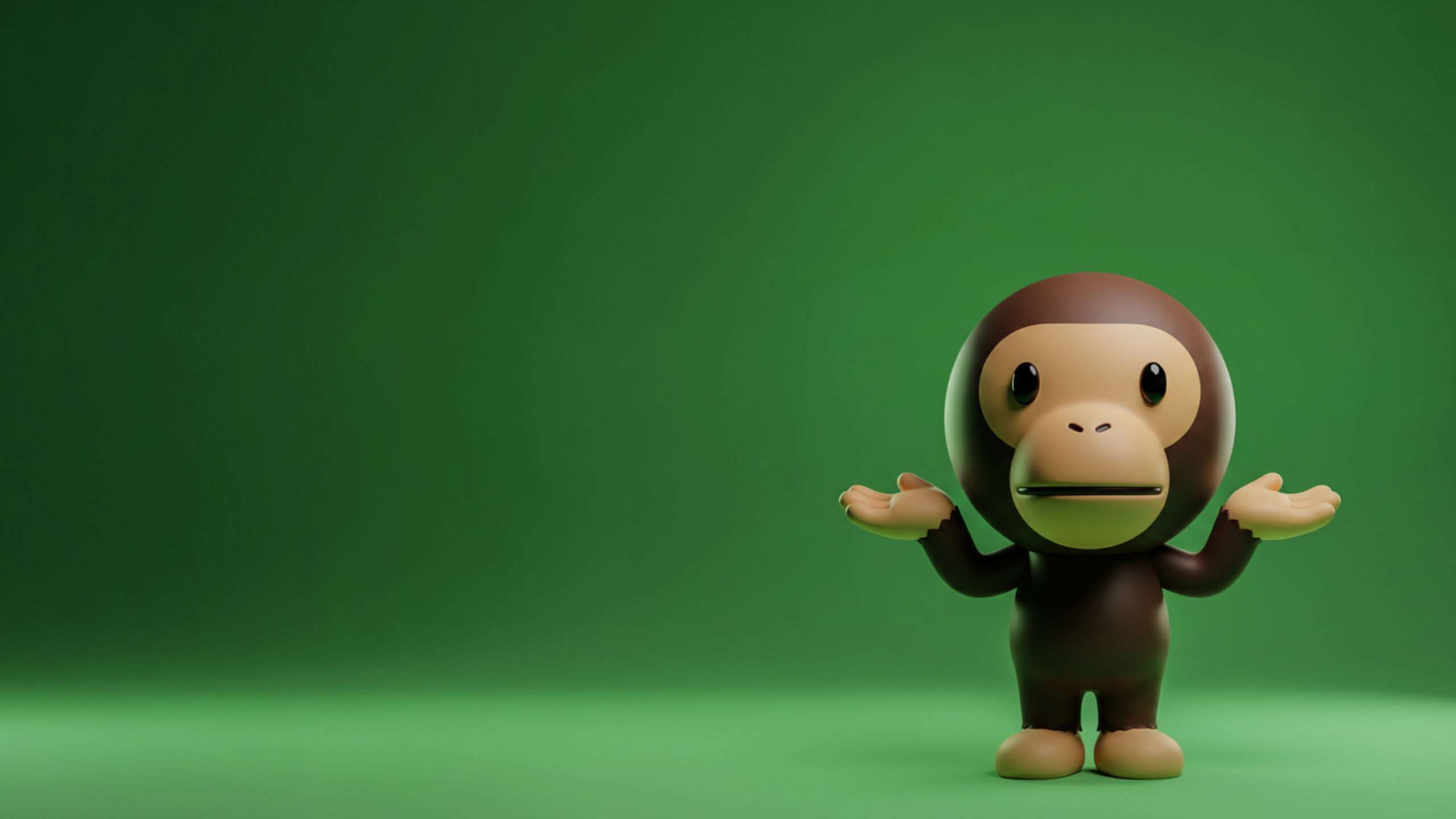
Artificial
Intelligence as
Inventor?
Artificial
Intelligence as
Inventor?
from
Many innovations are now being created with the help of artificial intelligence (AI). But can artificial intelligence also be regarded as an inventor within the meaning of patent law? The Federal Patent Court says no.
What is it all about?
On October 17, 2019, a natural person filed an application for a patent with the German Patent and Trade Mark Office (DPMA), the subject matter of which is designated as “LEBENSMITTELBEHÄLTER” according to the duly filed German translation. Neither the name of the applicant nor that of any other person was indicated as the inventor in the application. Rather, the application stated:
The invention was created independently by artificial intelligence.
The DPMA objected to the designation of inventor submitted, as only a natural person can be an inventor within the meaning of the Patent Act.
The applicant then added an address to the information and stated that it would not correspond to the actual circumstances if he described himself as the inventor. The artificial intelligence (AI) developed by him had produced the invention by acting independently. It was a completely autonomously operating neural network that was capable of generating new technical solutions without any prior task. Although he, the applicant, was the owner of this AI, he had no influence whatsoever on the task and its solution, which led to the present invention.
The German Patent Act does not expressly stipulate that an inventor must be a natural person. The fact that an inventive achievement can necessarily only be made by a person stems from a now outdated, purely anthropocentric definition of the term “creative”. The term “inventor” must always be reinterpreted in the light of technical progress, which is ultimately the task of the courts.
The DPMA then rejected the patent application. Artificial intelligence as an inventor was not possible under German law.
The applicant lodged an appeal against this.
The applicant justified this with the following dilemma, among others: On the one hand, he was obliged to truthfully name the inventor, in this case the artificial intelligence, which was undoubtedly the creator of the invention; on the other hand, this dutiful naming of the inventor had the consequence that his application was rejected. Ultimately, the opinion of the examining section leads to the fact that he is deprived of the law on the patent to which he is entitled as the owner of the artificial intelligence.
BPatG decision on artificial intelligence as an inventor
The BPatG shows in its Decision of 11.11.2021 – Ref. 11 W (pat) 5/21 sympathizes with the applicant and points out that in Australia, for example, the possibility of naming an artificial intelligence as an inventor is now affirmed.
Nevertheless, the current regulations in the German Patent Act allow no other conclusion than that only natural persons, but not machines, can be named as inventors. This is due, among other things, to the fact that the inventor’s law on naming expresses a recognition of his inventorship (“inventor’s honor”), which a machine cannot have. The German legislator therefore deliberately decided to recognize only natural persons as inventors or co-inventors.
Conclusion
Under current German law, it is not possible for an artificial intelligence to be an inventor. However, the BPatG makes it clear that the applicant himself can be an inventor. This is because, under German law, it is irrelevant how the invention came about. Thus, an invention can also be based solely on the use of AI.
We are happy to
advise you about
Patent law!







